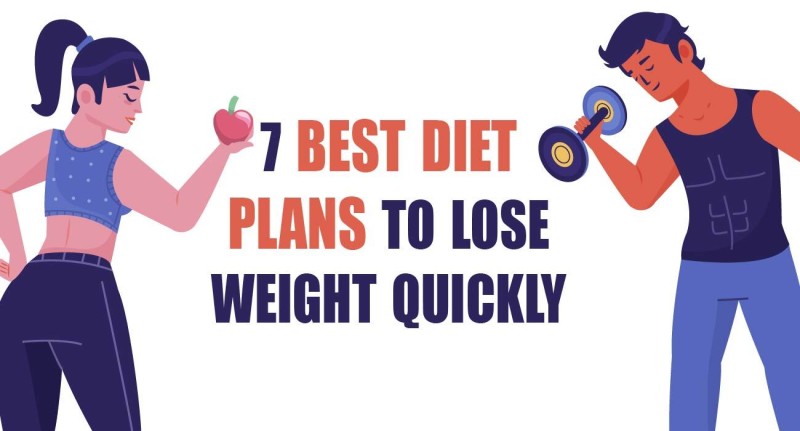Numerous meal replacement programmes, diets, and supplements make promises of quick weight loss without supporting data from scientific studies. However, there are a few strategies that have been proven by science to affect weight control. You can submit blog pieces to Write for Us Food once you are familiar with the submission guidelines.
1. Tracking Your Diet and Exercise
A person should be conscious of what they eat and drink every day if they wish to reduce weight. Entering these products into a notebook or an online food tracker is one way to accomplish this.
Because it encourages behaviour changes and boosts motivation, research indicates that keeping track of one's diet and exercise regimen may be beneficial for weight loss.
One study found that tracking physical activity regularly contributed to weight loss. A pedometer, for example, can be a helpful weight-loss tool.
2. Eating Protein with Meals
Protein helps people feel full by controlling hunger hormones. This is mostly due to a decrease in the hormone responsible for hunger, ghrelin, and a rise in the hormones responsible for satiety, cholecystokinin, GLP-1, and peptide YY.
Studies conducted on young adults have also shown that eating a high-protein breakfast can have several-hour-long hormonal impacts. Sardines, quinoa porridge, eggs, oats, nut and seed butter and chia seed pudding are all excellent options for a high-protein breakfast.
3. Cutting Back on Sugar and Refined Carbohydrates
Even when added sugar is found in beverages rather than food, the Western diet is becoming more and more high in added sugars, which is definitely linked to obesity.
The bran and the germ, which comprise the majority of the grain's fibre and minerals, are removed from refined grains by processing. These consist of ordinary spaghetti, white bread, and white rice.
These foods digest quickly and quickly turn into glucose. When too much glucose enters the bloodstream, it triggers the insulin hormone, which encourages adipose tissue to store fat. Gaining weight is a result of this.
4. Eating Plenty of Fiber
Dietary fibre refers to plant-based carbohydrates that, in contrast to sugar and starch, cannot be broken down in the small intestine. Consuming a diet rich in fibre can enhance feelings of fullness, which may result in weight loss.
5. Balancing Gut Bacteria
The influence of gut microbes on weight control is one newly emerging field of study. About 39 trillion bacteria are among the many diverse microorganisms that live in the human gut.
The kinds and quantities of bacteria in each person's stomach vary. Some may increase the body's ability to absorb energy from meals, leading to weight gain and fat storage.
6. Getting a Good Night’s Sleep
Less than 5–6 hours of sleep per night has been linked to a higher incidence of obesity, according to numerous research. There are several reasons for this..
According to research, getting too little or poor quality sleep slows down the body's metabolism, the mechanism by which it turns food into energy. Unused energy may be stored by the body as fat when metabolism is less efficient.
Furthermore, getting too little sleep can raise cortisol levels, which encourages the storage of fat, and leads to insulin resistance.
7. Managing Your Stress Levels
As part of the fight-or-flight response, stress triggers the body to release hormones like cortisol and adrenaline, which initially reduce hunger. On the other hand, prolonged exposure to stress can cause cortisol to stay in the system, increasing hunger and perhaps resulting in overeating.
The hormone cortisol alerts the body when it needs to restock on carbs, the body's primary fuel source. Insulin then carries the blood's sugar from carbs to the brain and muscles. If the person does not use this sugar in a fight-or-flight response, the body will store it as fat.









